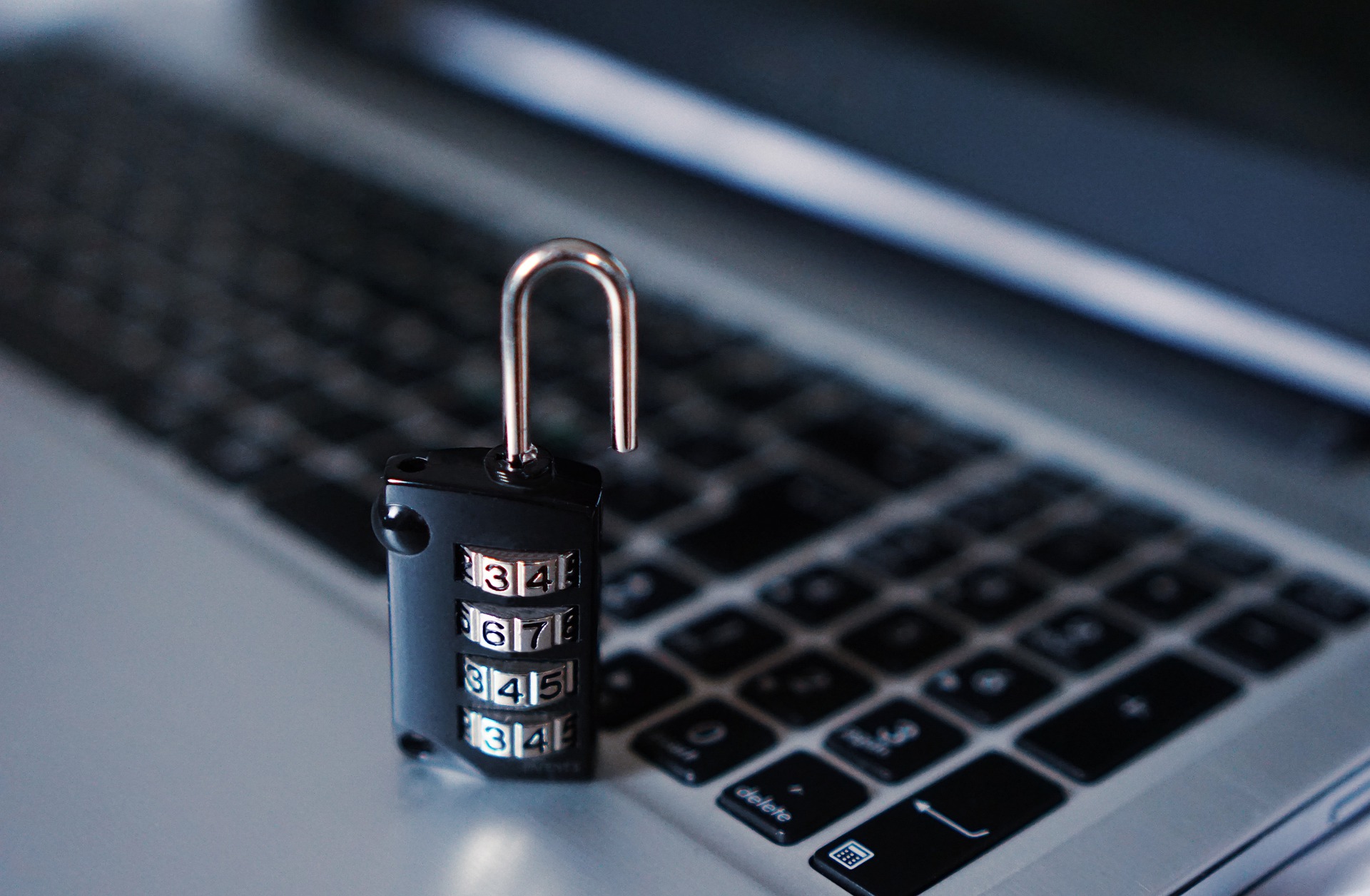Cyber attacks are becoming more and more common. Many small businesses are ruined by the financial and reputational strain of a personal data breach. A well-thought-out cyber security plan and robust cyber liability insurance are essential for large and small businesses alike. Understanding the intricacies of cyber liability insurance can help you make an informed decision about the preparedness of your own company.

What is Cyber Insurance?
Cyber Insurance, or Cyber Liability Insurance, provides your business with resources to deal with the aftermath of a cyber security attack. Data breaches due to outside attacks or employee negligence are increasing and dramatically increasing distress among small business owners. It may be wise to see if your business may benefit from cyber liability insurance to save time, money, and heartache. Cyber Liability often covers:
- Lost revenue due to cyber attack
- Legal fees
- Costs associated with customer support/outreach
- Costs associated with recovery of data
- Costs associated with computer system repair
Data Ransom Attacks
In general, cyber-attack-related costs will not be covered by other types of insurance. This emerging field is filling in the gap created by the explosion in internet-based businesses and transactions. Some of the most common cyber attacks, such as data ransom attacks, where data is locked until a specific fee is paid, can be utterly impossible for a smaller business to handle alone. As cyber-attacks continue to occur at regular rates, the importance of cyber insurance can not be overstated.
Does My Company Need Cyber Liability Insurance?
When most people hear “Cyber Liability Insurance,” it sounds too complicated for their small business. However, any company dealing with customer data, credit card information, or online sales should invest in cyber insurance. In some cases, smaller companies may have a greater need; the initial costs of identifying and stopping attacks can sometimes be the greatest. A sophisticated cyber-attack could completely ruin E-Commerce businesses that receive most of their revenue through online sales. In some cases, even companies like Sony, who famously suffered a massive cyber attack in 2011, could not entirely restore access to their customer accounts and services for over three weeks. Cyber Insurance allows for all proper steps to be taken without fearing the loss of revenue that the attack brings.
Is Cyber Liability Insurance The Only Thing I Need?
Cyber Insurance is not the only safeguard you should have for protection from cyber-attacks. Knowing you are insured can provide peace of mind, but mitigation of attacks is still of utmost importance. A good cyber insurance policy is only effective when it helps mitigate the disastrous effects of attacks. Your overall cyber security should be strong and act as the first line of defense, warding off most attacks that come your way. In fact, it is often impossible to receive cyber liability insurance if your organization lacks adequate cybersecurity measures.
To mitigate attacks before they begin, here are some general guidelines to follow:
- Teach employees the most common types of attacks, and have them think consciously about how their actions can potentially expose user data or lead to an attack.
- Use proper software and hardware known to mitigate cyber-attacks; antivirus software, encrypted and secure wifi networks, and data backup systems.
- Work with a licensed company to identify weaknesses in current security protocols.
If you are a small business worried about the growing climate of cyber attacks, it may be time to improve your company’s security prevention and mitigation processes. A managed services company can provide high-quality IT services for any size of business. The team at Alliance IT has all the cyber security expertise needed to protect your company – call today to learn more.
